Search Definitions
Browse Content (p. 190)
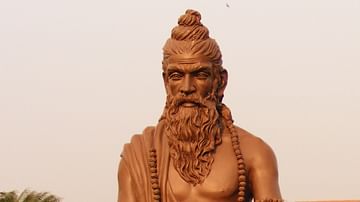
Definition
Sushruta
Sushruta (c. 7th or 6th century BCE) was a physician in ancient India known today as the “Father of Indian Medicine” and “Father of Plastic Surgery” for inventing and developing surgical procedures. His work on the subject, the Sushruta Samhita...

Definition
Theophilos
Theophilos was emperor of the Byzantine Empire from 829 to 842 CE. He was the second ruler of the Amorion dynasty founded by his father Michael II. Popular during his reign and responsible for a lavish rebuilding of Constantinople's palaces...
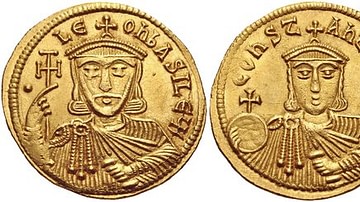
Definition
Leo V the Armenian
Leo the V the Armenian was emperor of the Byzantine Empire from 813 to 820 CE. He was of Armenian descent and the last ruler of the Isaurian dynasty which had been founded by Leo III (r. 717-741 CE). The emperor's reign, after early military...

Definition
Gela
Gela (Greek: Ghéla), in southern Sicily, was a Greek colony founded c. 689 BCE and it remained an important cultural centre throughout antiquity. Prospering on trade and expanding its territory, the city-state founded Agrigento. In the 5th...

Definition
Theogony
The Theogony is an 8th-century BCE didactic and instructional poem, credited to the Greek poet Hesiod. The Theogony was, at first, not actually written down, rather, it was part of a rich oral tradition which only achieved written form decades...
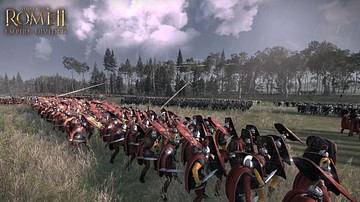
Definition
The Battle of Abritus
The Battle of Abritus was an engagement fought between the armies of Rome under the emperor Decius (249-251 CE) and a coalition of Goths under the leadership of Cniva (c. 250 - c. 270 CE) in 251 CE resulting in a victory for Cniva and the...
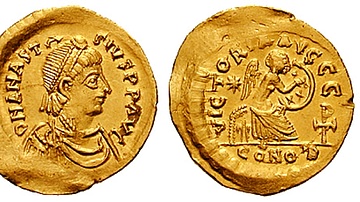
Definition
Anastasios I
Anastasios I ruled the Byzantine empire from 491 to 518 CE. Although his tax and monetary reforms were both popular and successful, the emperor could not repair the damaging split in the Christian Church created by his predecessors. He faced...

Definition
Michael Psellos
Michael Psellos (1018 - c. 1082 CE) was a Byzantine historian, writer, and intellectual. Michael acted as courtier and advisor to several Byzantine emperors, and he was the tutor of Michael VII. Writing between 1042 and 1078 CE, his texts...

Definition
Alexios I Komnenos
Alexios I Komnenos (Alexius Comnenus) was emperor of the Byzantine Empire from 1081 to 1118 CE. Regarded as one of the great Byzantine rulers, Alexios defeated the Normans, the Pechenegs, and, with the help of the First Crusaders, the Seljuks...
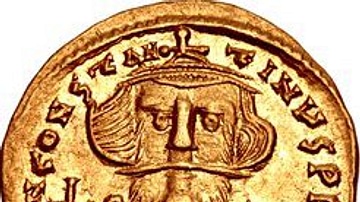
Definition
Constans II
Constans II (aka Konstans II) was emperor of the Byzantine Empire from 641 to 668 CE. Sometimes known as Constans Pogonatos (“the Bearded”), he came to the throne by a series of unlikely events and his empire was immediately challenged almost...